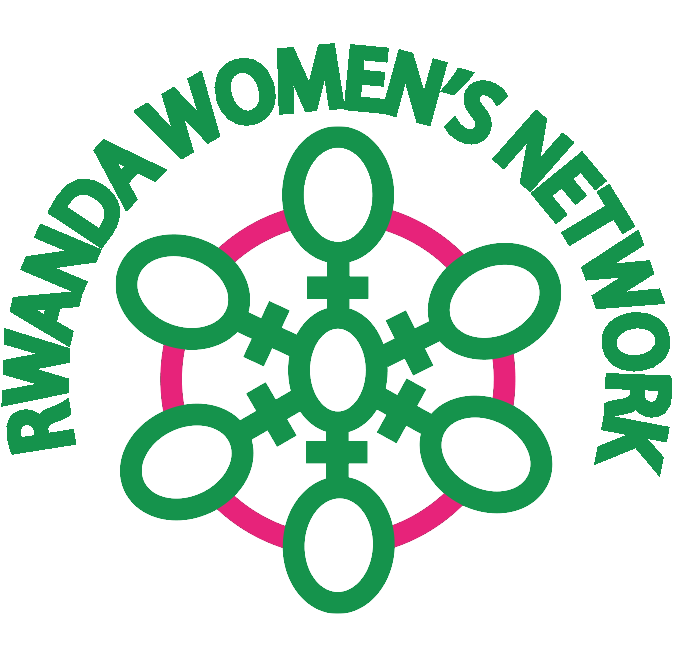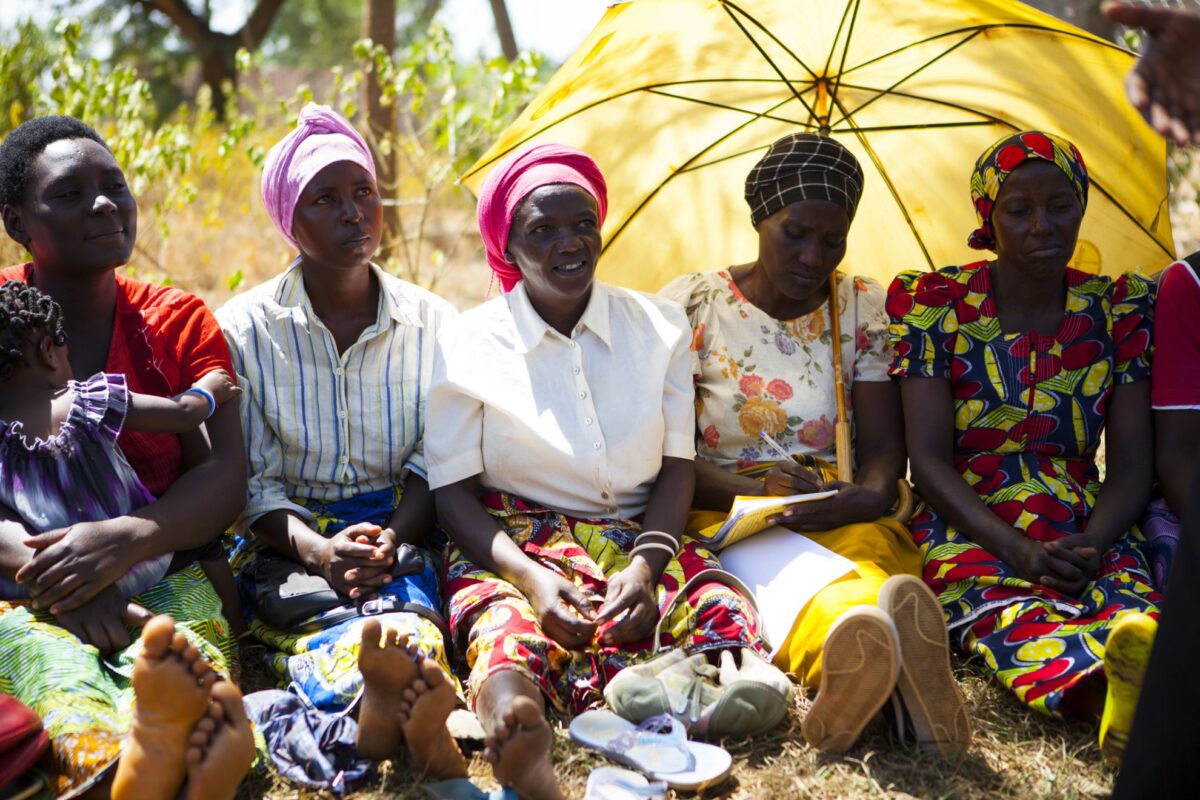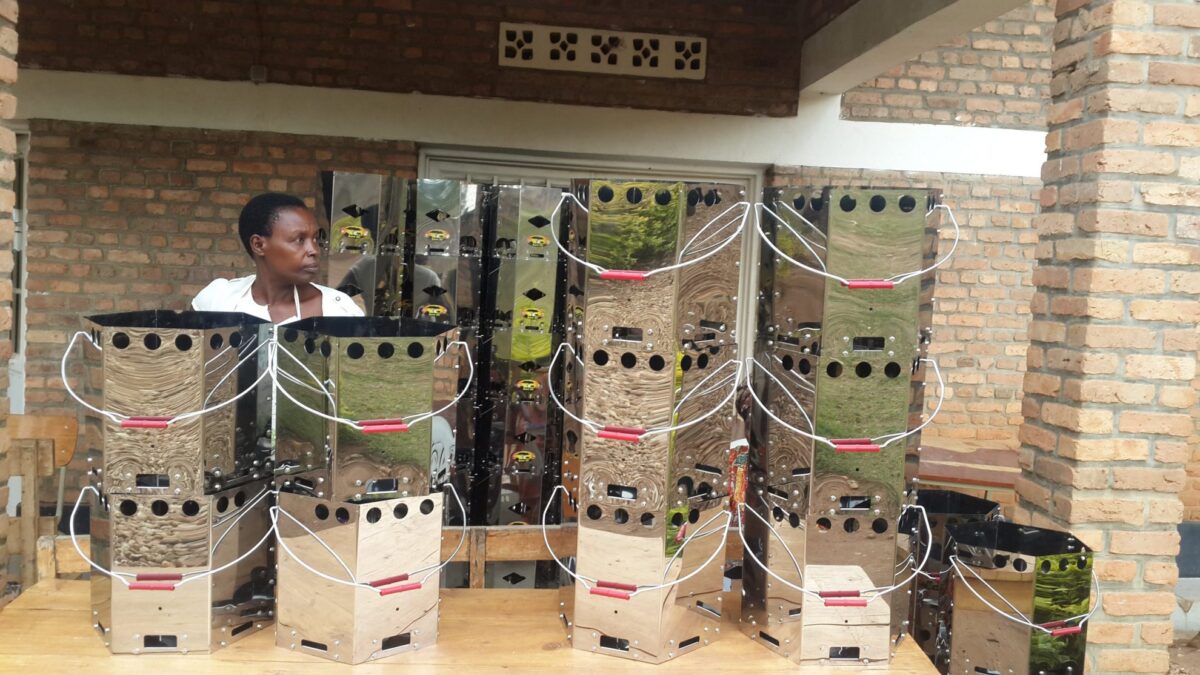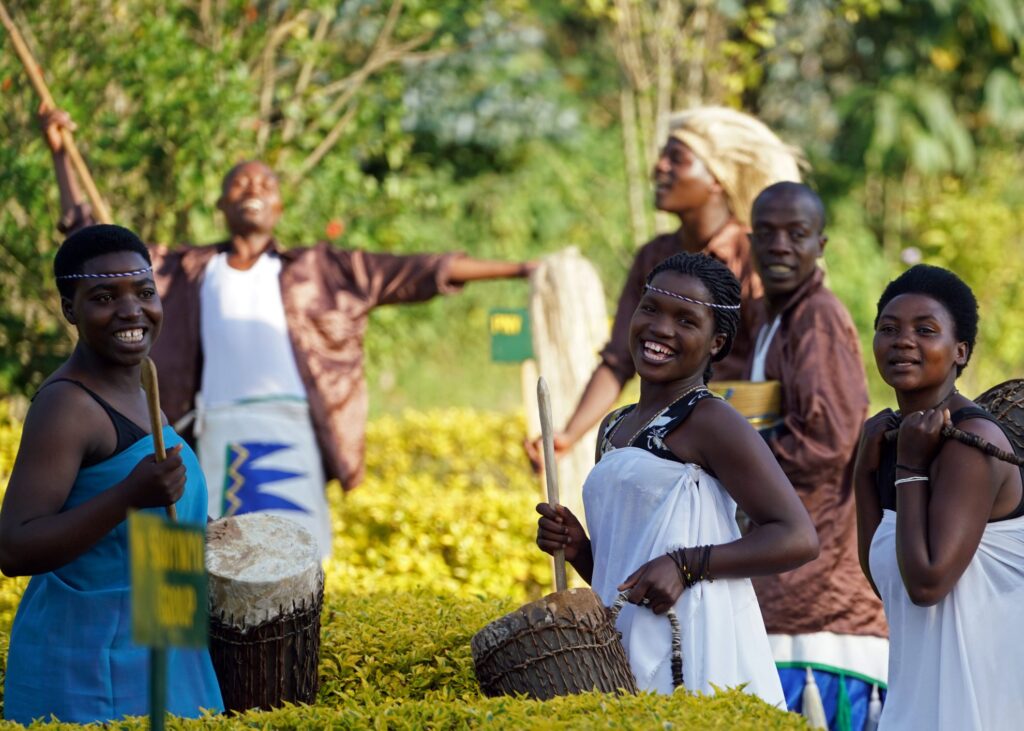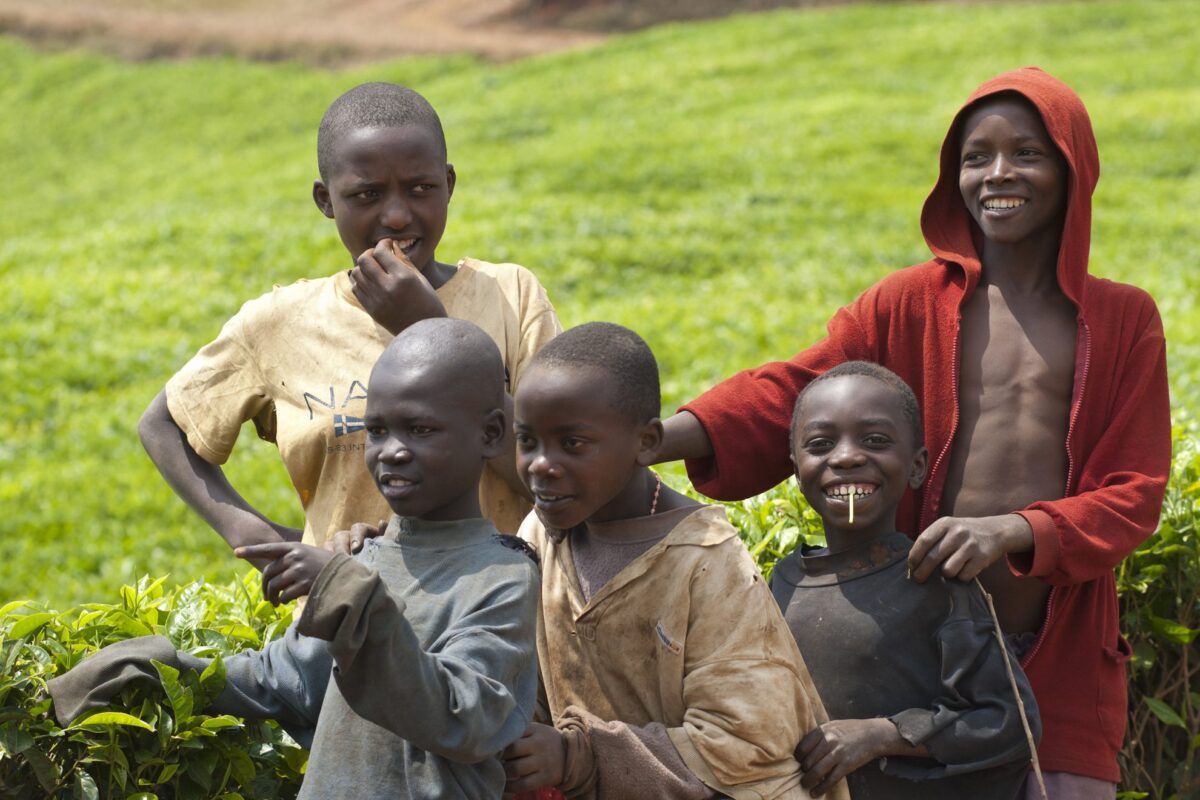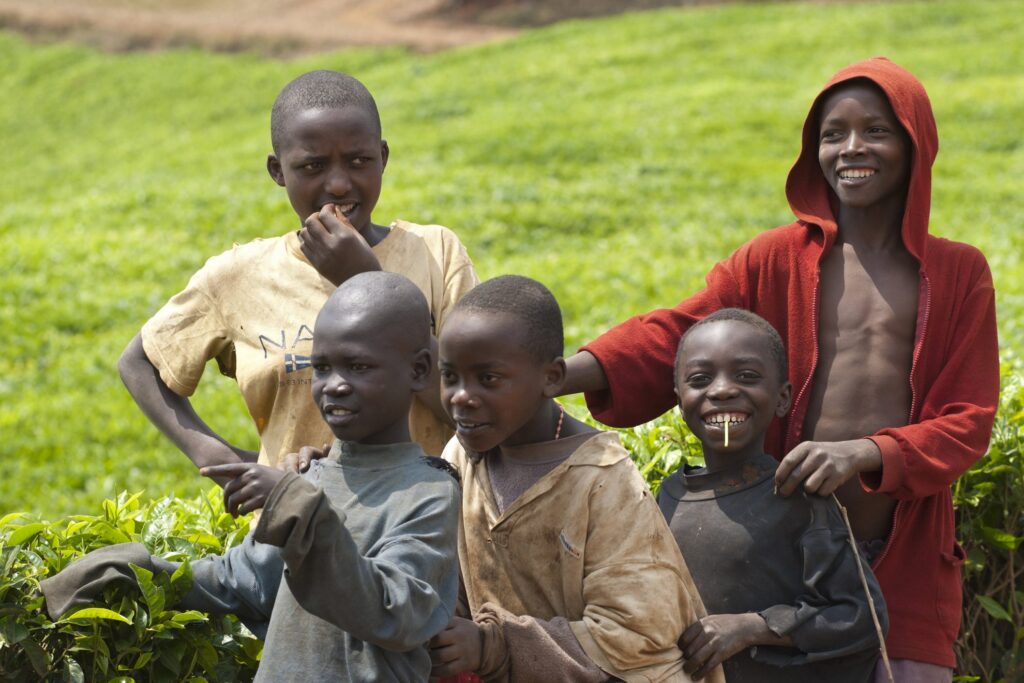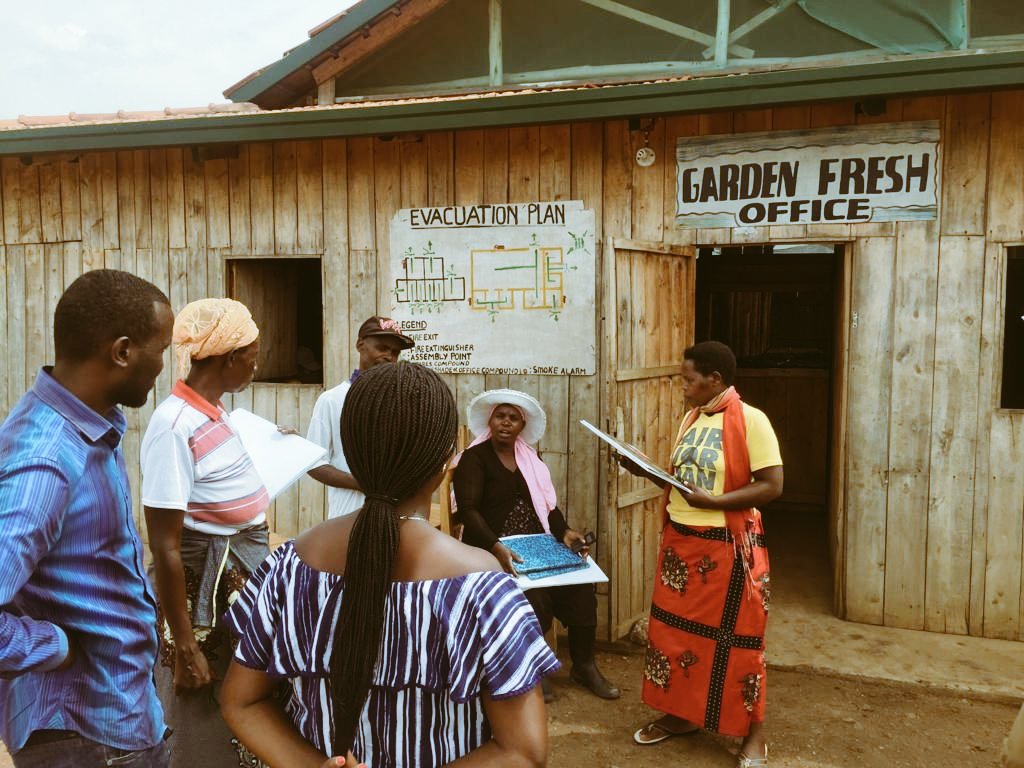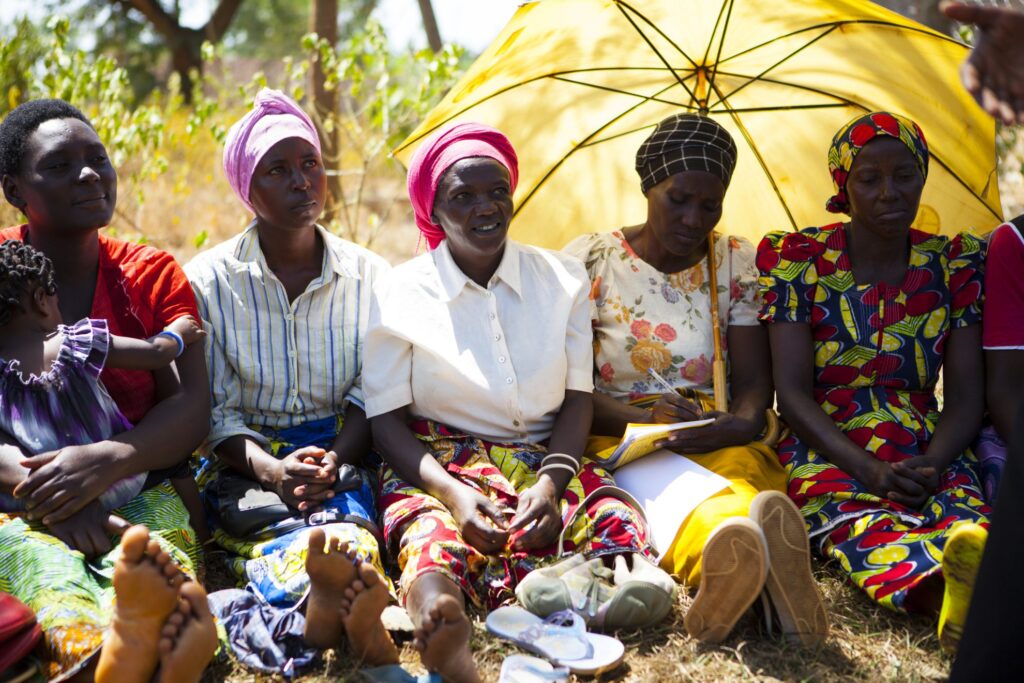
Lydia Busingye is a young woman who was kidnapped and subjected to sexual abuse at the age of thirteen. This tragedy left her with feelings of resentment, self-blame, low self-worth and confidence. As a result she felt discouraged to pursue her dreams of becoming a confident and effective leader someday.
Over the years that she struggled with her experience, Lydia found inspiration to regain her confidence and self-worth by having successful women role models such as Minister Louise Mushikiwabo, the late Minister Aloisea Inyumba, Joyce Meyer and Oprah Winfrey. Their life stories and achievements motivated Lydia to use the negative experiences from her childhood to rebuild her strength and encourage other women and girls to do the same.
She developed an interest in building self-esteem for women and girls through restoring hope, dreams and fighting against sexual and gender based violence (SGBV). Lydia’s passion for women and girls issues encouraged her to look for opportunities that empowered her and other women in various ways.
Lydia describes the Rwanda Women Leadership Institute (RWLI) as one such opportunity that has empowered her to be the woman she is today. As a woman who once dreamt of becoming a leader, she commends the program for reigniting her dream through its training in leadership skills.
One of her most important lessons from the program is from an African proverb that was shared during the training; “if you want to go fast, go alone but if you want to go far, go together.” According to Lydia, the proverb, reinforces “the importance of working together and supporting one another as women in pursuing our dreams,” and the capacity women have to be leaders that can contribute to meaningful change and development in society. She also learnt the importance of self-love, care, protection/safety of women and girls in any environment.
As a RWLI alumni, Lydia has used both personal and professional platforms to share information on women’s key role in decision making, transformational leadership and SGBV. She hopes that in sharing with other women and girls, she can help them protect themselves and address issues of abuse as well as motivate them to be agents of change in their respective communities. Lydia describes RWLI as a programme that has given her the right tools to achieve her dreams; “I am now dreaming to be a woman of integrity, a role model, a source of health and wealth in my country and worldwide.”
RWLI represents one of the projects implemented by Rwanda Women’s Network (RWN) in collaboration with the Ministry of Gender and Family Promotion to empower Rwandan women from all walks of life. The institute’s objectives compliment various national and global campaigns that promote women’s rights and gender parity; such as the Rwanda’s national theme for International Women’s Day; “Preserving the Dignity Regained.”
Rwanda is commended globally for its gender sensitive policies and the highest Parliamentarian representation of women (64%) in the world. The theme outlines the nation’s role in building on these achievements in the empowerment of women. RWN is expanding and contributing to these gains through RWLI and more projects by using holistic approaches to address issues affecting women and girls in Rwanda.
In line with the global movement #BeBoldForChange, the RWLI program encompasses the importance of women’s active role in influencing change that contributes to empowerment of women and gender parity.
RWLI falls under one of the RWN main program areas; Governance and Leadership. It equips women with knowledge and tools to be effective leaders and equal contributors to change and development in their respective sectors and communities. RWLI continues to empower and inspire more women like Lydia to “make their challenges a catalyst for positive transformation,” at a personal, community and national level.
